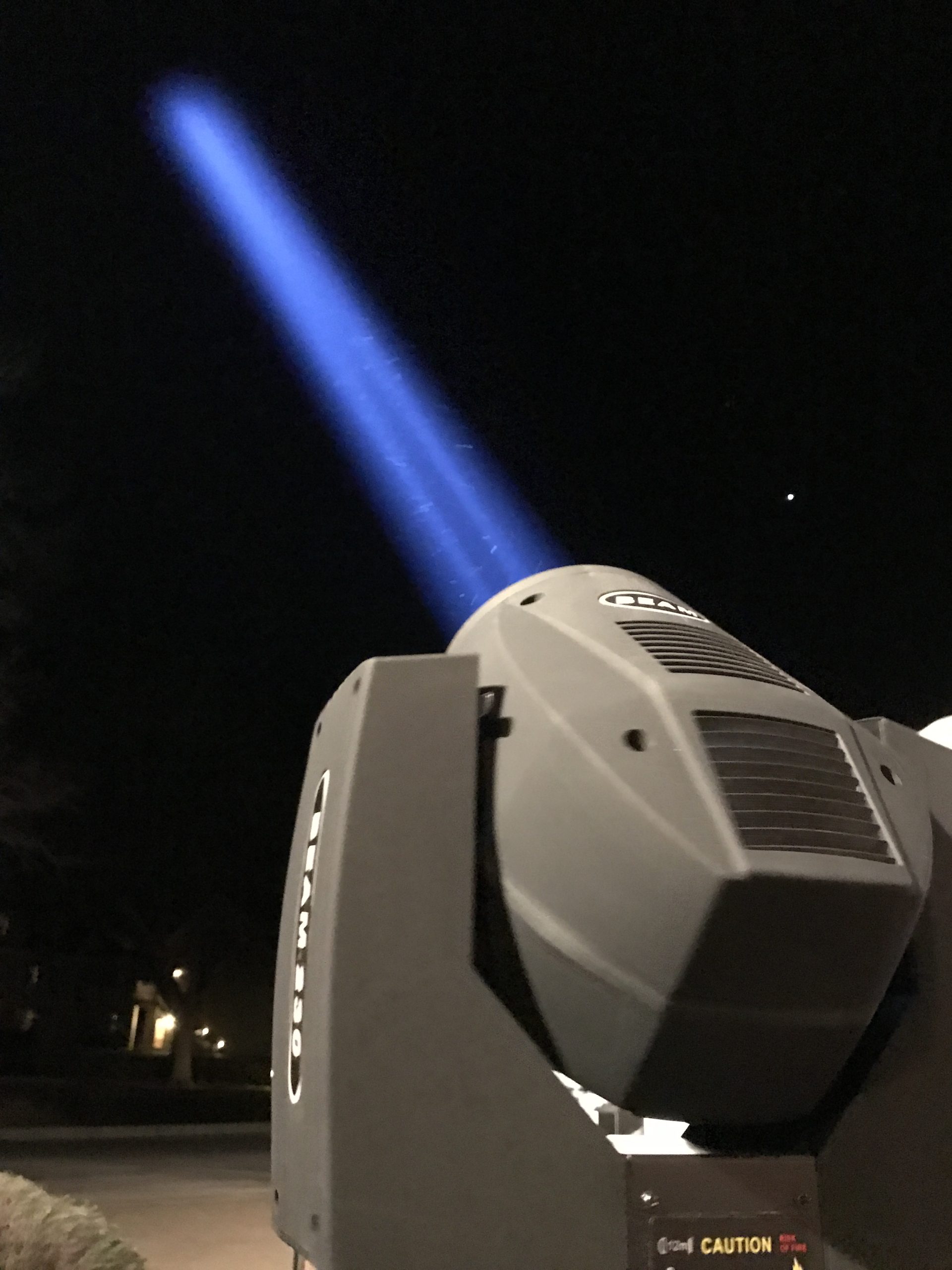Ever wondered what it's like to explore the skies and unravel the secrets of the universe? The sky searchers are on a mission to do just that. These intrepid explorers, scientists, and enthusiasts dedicate their lives to understanding the vast expanse above us. Whether it's studying celestial bodies, tracking weather patterns, or searching for extraterrestrial life, their work shapes our understanding of the cosmos.
Now imagine this: You're staring up at the night sky, your mind racing with questions about the stars, planets, and galaxies beyond our world. That's where the sky searchers come in. They're not just dreamers; they're the pioneers pushing the boundaries of human knowledge. From ancient astronomers to modern-day astrophysicists, the quest to understand the heavens has been a timeless pursuit.
But what exactly do these sky searchers do? How do they gather data, analyze it, and make groundbreaking discoveries? In this article, we'll dive deep into the world of sky searchers, exploring their tools, techniques, and the incredible findings that keep us in awe. So, buckle up and prepare for a journey through the stars!
- Celebrity Breast Implants The Inside Scoop On Hollywoodrsquos Most Talkedabout Trend
- What Is Regretting You About Unpacking Lifes Reflections And Lessons
Table of Contents
- What Are Sky Searchers?
- A Brief History of Sky Searching
- Tools of the Trade: What Do They Use?
- Modern Sky Searching: The Cutting Edge
- Celestial Discoveries That Changed the World
- Challenges Faced by Sky Searchers
- Why Do We Care About the Skies?
- The Role of Amateur Sky Searchers
- The Future of Sky Searching
- Conclusion: The Sky's the Limit
What Are Sky Searchers?
The term "sky searchers" might sound like something out of a sci-fi novel, but it's a very real concept. These individuals are the backbone of modern astronomy and atmospheric science. They include astronomers, astrophysicists, meteorologists, and even hobbyists who dedicate their time to studying the skies. Their work is crucial for understanding everything from the weather patterns here on Earth to the formation of distant galaxies.
Think about it: every time you check the weather forecast or marvel at a photo of a distant nebula, you're benefiting from the efforts of sky searchers. These folks spend countless hours peering through telescopes, analyzing data, and collaborating with others to piece together the mysteries of the universe. And let's not forget the amateur sky searchers—those passionate stargazers who contribute valuable observations from their backyards.
Why Do We Care About the Skies?
Humans have always been fascinated by the skies. From ancient civilizations using the stars for navigation to modern scientists searching for signs of alien life, the allure of the heavens remains timeless. Understanding the skies isn't just about satisfying our curiosity; it also has practical applications. For instance, studying space weather helps us protect our technology from solar flares, while tracking asteroids ensures we're prepared for potential threats.
- United Stewardess Watanabe Dies In Kayak Accident A Tragic Tale Of Adventure Gone Wrong
- Kourtney Kardashian Ring The Ultimate Guide To Her Sparkling Jewelry Collection
Moreover, the skies offer a glimpse into our place in the universe. Every discovery made by sky searchers brings us closer to answering fundamental questions about existence. It's like solving a massive puzzle, one piece at a time. So, whether you're a professional scientist or just someone who loves looking up at the stars, the skies hold something for everyone.
A Brief History of Sky Searching
Our fascination with the skies dates back thousands of years. Ancient civilizations like the Egyptians, Greeks, and Mayans were among the first to systematically study the stars. They used rudimentary tools like sundials and observatories to track celestial movements, creating calendars and predicting seasonal changes. These early sky searchers laid the foundation for modern astronomy.
Fast forward to the Renaissance, and we see the rise of telescopic astronomy. Galileo Galilei's invention of the telescope revolutionized our understanding of the universe. Suddenly, we could see moons orbiting Jupiter, craters on the Moon, and countless other wonders. Over the centuries, technology has advanced exponentially, allowing sky searchers to explore farther and deeper than ever before.
Tools of the Trade: What Do They Use?
So, what exactly do sky searchers use to do their work? The list is impressive, ranging from simple binoculars to multi-billion-dollar space telescopes. Here's a quick rundown:
- Telescopes: The workhorse of sky searching, telescopes come in various sizes and types, including optical, radio, and infrared.
- Satellites: Orbiting observatories like the Hubble Space Telescope provide stunning images of distant galaxies and celestial phenomena.
- Computers: Advanced software helps analyze massive datasets, identify patterns, and simulate complex scenarios.
- Ground-Based Observatories: Facilities like the Very Large Telescope in Chile and the Keck Observatory in Hawaii offer unparalleled views of the night sky.
Of course, not all sky searchers need high-tech equipment. Many amateurs rely on binoculars or small telescopes to make significant contributions to science. Citizen science projects like Zooniverse allow anyone with an internet connection to participate in sky searching, making it a truly global endeavor.
Modern Sky Searching: The Cutting Edge
Today's sky searchers have access to tools that would have been unimaginable just a few decades ago. The James Webb Space Telescope, for example, is designed to peer into the early universe, capturing light from the first galaxies. Meanwhile, projects like the Square Kilometre Array aim to create the most sensitive radio telescope ever built, capable of detecting faint signals from across the cosmos.
But it's not just about hardware. Advances in artificial intelligence and machine learning are transforming how data is analyzed. Algorithms can sift through terabytes of information in seconds, identifying anomalies and potential discoveries that might otherwise go unnoticed. This synergy between humans and machines is pushing the boundaries of what we can achieve in sky searching.
Celestial Discoveries That Changed the World
Throughout history, sky searchers have made groundbreaking discoveries that reshaped our understanding of the universe. Here are a few highlights:
- Discovery of Exoplanets: Thanks to missions like NASA's Kepler Space Telescope, we now know that planets orbiting other stars are common. Some of these exoplanets may even harbor conditions suitable for life.
- Big Bang Theory: Observations of cosmic microwave background radiation provided strong evidence for the Big Bang, the event that kickstarted the universe as we know it.
- Black Holes: Once thought to be purely theoretical, black holes are now a well-established feature of the universe. The Event Horizon Telescope captured the first-ever image of a black hole in 2019.
Each of these discoveries was made possible by dedicated sky searchers who refused to accept the limits of our knowledge. Their work continues to inspire new generations of scientists and enthusiasts alike.
Challenges Faced by Sky Searchers
Despite the incredible progress made in sky searching, challenges remain. One of the biggest hurdles is light pollution. As cities grow, artificial light obscures the night sky, making it harder for observers to see faint objects. This issue affects both professional and amateur sky searchers, forcing them to seek out remote locations for their observations.
Another challenge is the sheer volume of data generated by modern telescopes and observatories. Sorting through this information requires not only powerful computers but also skilled personnel who can interpret the results. Funding is also a concern, as many groundbreaking projects rely on government and private support to continue their work.
The Role of Amateur Sky Searchers
Amateur sky searchers play a vital role in advancing our understanding of the universe. Their contributions range from discovering new asteroids to monitoring variable stars. Many professional astronomers rely on data collected by amateurs, recognizing the value of their efforts.
Organizations like the American Association of Variable Star Observers (AAVSO) provide resources and support for amateur sky searchers, helping them contribute meaningfully to science. By participating in citizen science projects, anyone can become a sky searcher, regardless of their background or experience.
The Future of Sky Searching
Looking ahead, the future of sky searching is bright—or should we say, dark? Advances in technology will allow us to explore deeper into space, uncovering secrets that have eluded us for centuries. Upcoming missions like the Europa Clipper and the Lunar Gateway promise to shed light on some of the most intriguing questions about our solar system.
Meanwhile, international collaborations are becoming more common, pooling resources and expertise to tackle the biggest challenges in astronomy. The Square Kilometre Array, for instance, involves scientists from dozens of countries working together to build a revolutionary radio telescope. This spirit of cooperation ensures that sky searching will continue to thrive, no matter what obstacles arise.
Conclusion: The Sky's the Limit
In conclusion, the world of sky searchers is as vast and fascinating as the skies themselves. From ancient astronomers to modern-day scientists, the quest to understand the universe has driven humanity forward for millennia. With each new discovery, we gain a deeper appreciation for the wonders above us and our place within them.
So, the next time you find yourself gazing up at the stars, remember the sky searchers working tirelessly to unravel their mysteries. Whether you're a professional scientist or just someone who loves the night sky, there's always room to contribute to this incredible field. Share this article with your friends, leave a comment, and let's keep the conversation going. After all, the sky's the limit—or maybe even beyond!
- Kourtney Kardashian Ring The Ultimate Guide To Her Sparkling Jewelry Collection
- United Stewardess Watanabe Dies In Kayak Accident A Tragic Tale Of Adventure Gone Wrong


